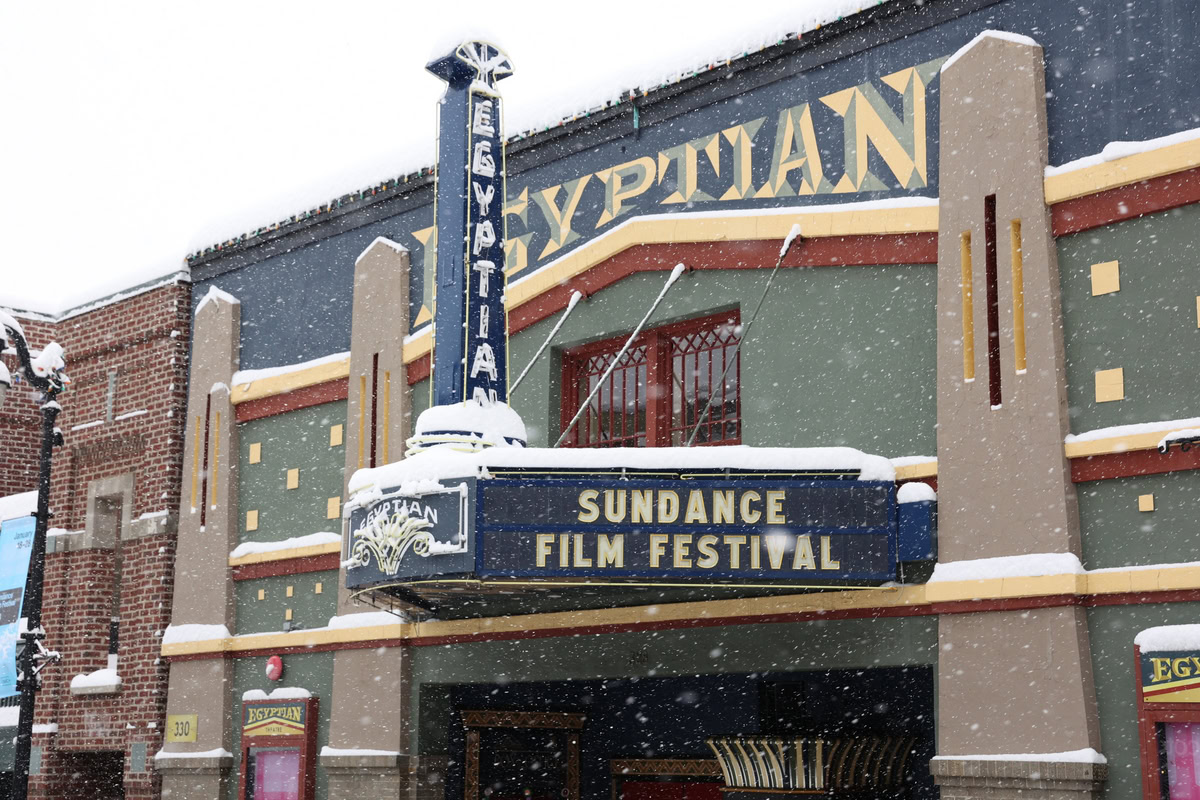
It’s like a grade school love note: "Do you like me? Check yes or no."
And right now, Boulder is still waiting patiently for a reply.
On Jan. 23, the 2025 Sundance Film Festival got underway with no announcement as to the future of the fest. Three cities are in the running: Boulder, Cincinnati and the one-two punch of Salt Lake and Park City, Utah, for the next 10 years of Sundance beginning in 2027.
The process, which began roughly a year ago, won’t see a resolution until after the festival, though the announcement might not come until late winter or early spring.
For local businesses and anyone interested in the future of cinema along the Front Range, hope springs eternal. But back in the snowy Wasatch Mountains of Park City, the 41st Sundance Film Festival kicked off under the cloud of smoke from Los Angeles. The Sundance Institute’s founding director and honoree of this year’s gala, Michelle Satter, lost her home to the Palisades Fire, and Meera Menon and Paul Gleason, the husband and wife team behind the zombie apocalypse drama, Didn’t Die, lost theirs to the Eaton Fire. Add to the mix the announcements of the 97th Academy Award Nominations, which were delayed because of the fires and announced on the morning of Sundance’s opening, plus the general unease about the political climate, and it seems like minds were constantly elsewhere.
But for those who packed the theaters and streets of Park City, the movies managed to distract in 90 and 120-minute increments.
That rang true even in the films where the collision of narrative and reality clanged the loudest. In Rebuilding, a rancher (Josh O’Connor) looks for a way forward after a forest fire takes his Southern Colorado home.
“Film is an act of imagination,” Rebuilding director Max Walker-Silverman told the audience of nearly 1,300 attending the movie’s world premiere. “It’s the bright light in a dark room. So I made this film, because only through imagining a better world can we hope for one. And only through hoping for a better world can we fight for one.”
This sentiment permeates Kevin Macdonald’s electrifying documentary One to One: John & Yoko — 18 crucial months in the lives of Lennon and Ono in the tumultuous early 1970s — and SLY LIVES! (aka the Burden of Black Genius) from musician and filmmaker Ahmir “Questlove” Thompson about the multi-talented artist behind the essential funk band Sly & the Family Stone. Both are stories you think you know. And, in both, the filmmakers plunder their familiar subjects for overlooked and forgotten moments that tell us so much about who we are as an American society.
You’ll find traces of this theme in The Librarians, Kim A. Snyder’s by-the-numbers reportage doc about the organizations behind the fight to ban books with LGBTQ+ and BIPOC content in public school libraries, and in the formally innovative The Perfect Neighbor. In the latter, director Geeta Gandbhir constructs the doc almost exclusively from Florida Police Officer body cam footage to show how a disagreement between neighbors escalated into something tragic. Neighbor is the kind of movie that lures you into thinking you know what’s happening before Gandbhir starts turning the screws ever so slightly.
The Perfect Neighbor should be a contender for the Grand Jury Prize for Best Documentary, maybe even one of the five nominated for next year’s Oscar. But I have a feeling few will want to see the movie simply because the surface appears familiar. That won’t be the case with Laura Casabé’s The Virgin of Quarry Lake, a teen coming-of-age story set in a steamy and rotting Buenos Aires suburb in 2001. The film is a tricky little thing, not quite drama and not quite horror. It’s a movie that plays in the same crooked sandbox David Lynch built. It’s magnificent.
The Sundance Film Festival continues through Feb. 2. On Jan. 30, a selection of the lineup will be available for online screening at festival.sundance.org. Tickets are limited, but there’s plenty to see while those of us in Boulder — and Cincinnati and Utah — remain in a wait-and-see mentality.
